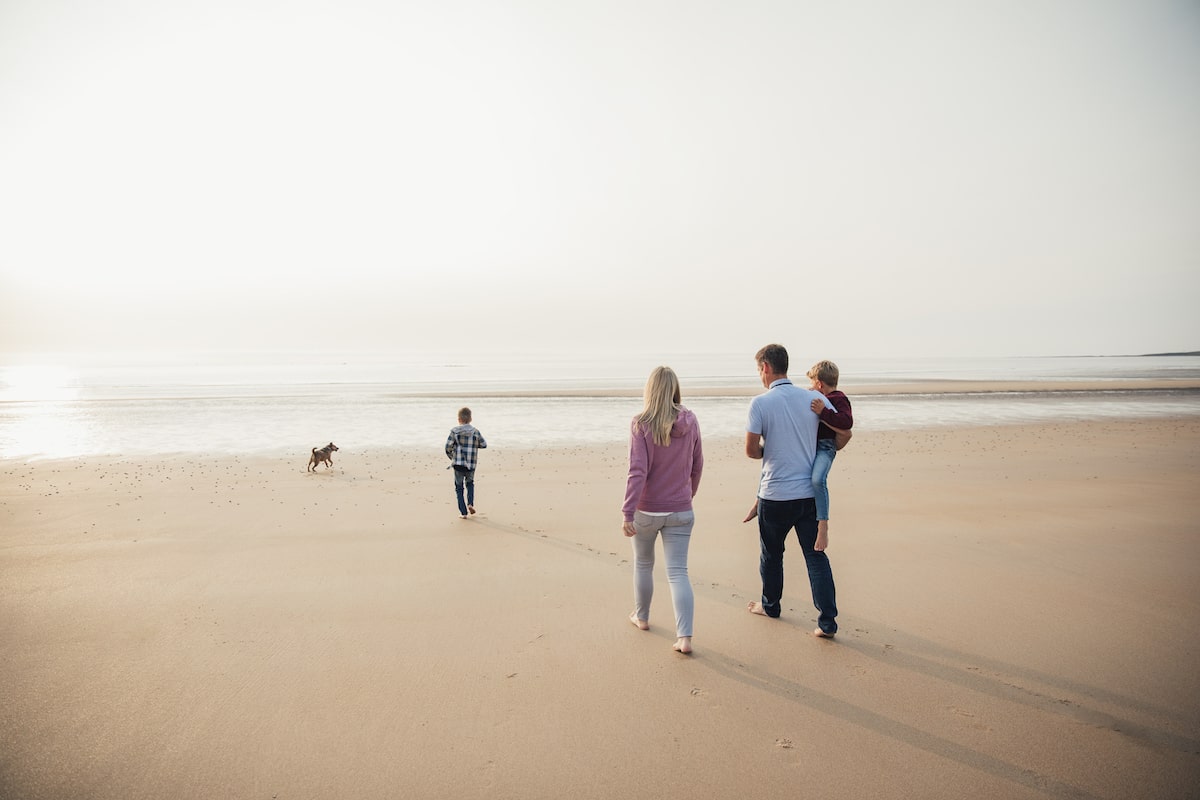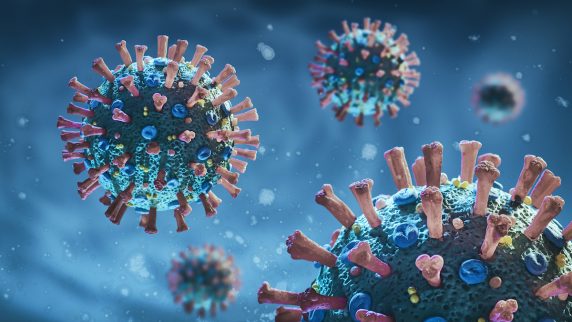Distancing, both physical and social, is the buzzword of the year and one Hartford HealthCare (HHC) experts want you to remember as the state reopens and you begin venturing out of your home this summer.
The warmer months, when kids are traditionally of school, are a time when many people plan vacations. While the idea of traveling might be frightening after spending so much time close to home, it does not need to be chalked up as another COVID-19 loss. In fact, when it comes to traveling, Dr. Faiqa Cheema, an HHC infectious disease specialist, said you should be fine as long as you practice distancing and other recommendations.
“Traveling itself can increase your risk (of COVID-19),” she said, referring to the fact that the virus was brought into the United States by a traveler from China, the pandemic epicenter. With that in mind, destinations should be chosen carefully.
“But being on a plane itself does not increase your risk. We know that because the airlines follow high-quality standards for purification of the air and the filters they use are like those we use in the hospital for patients who have COVID-19 and are placed in isolation.”
There are other times when traveling, however, that you should exercise more caution and be aware of potential contamination sources, such as:
- Taking a taxi to or from the airport.
- Using an airport shuttle bus.
- Eating out without washing your hands.
- Standing in long lines or in crowds at luggage retrieval carousels.
While on vacation, or here at home, swimming also does not need to be avoided as the area heats up, Dr. Cheema said. At public pools or the beach, make sure to wear protective masks and stay 6 feet from others in the water or on the shore.
“If you do that, it’s reasonable to enjoy those kind of outdoor activities,” she said, adding that it’s better to be outside in fresh air rather than cooped up indoors with crowds or close quarters.
As society reopens, Dr. Cheema said it’s important to understand that 30 percent to 50 percent of new COVID-19 cases will be caused by people who are asymptomatic, or not displaying virus symptoms. So keeping 6 feet from anyone not living in your home, and not just those who are coughing or feverish, is vital to avoiding infection.



